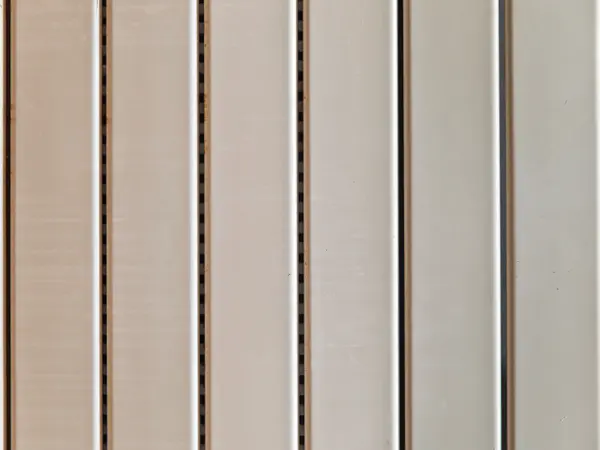confabulate
verbto converse informally; chat
Synonyms: chat,chatter,chitchat,discuss,speak,talk
Antonyms: be quiet,listen
What Makes This Word Tick
"Confabulate" is a charming verb that really just wants you to have a chat. It means to engage in conversation, often informally or on lighthearted matters. Sometimes it’s used more specifically in psychology to describe a person who fabricates imaginary experiences to fill gaps in their memory.
If Confabulate Were a Person…
Confabulate would be that delightful chatterbox who loves to exchange stories at a dinner party. Always lively and a bit of a raconteur, they'd be the one ensuring that no one feels left out of the conversation.
How This Word Has Changed Over Time
The word "confabulate" has stuck rather closely to its original meaning over time. In centuries past, to "confabulate" wasn't all that different from today—it always revolved around conversing or storytelling, whether real or imagined.
Old Sayings and Proverbs That Use Confabulate
While there aren't ancient proverbs specifically featuring "confabulate," it embodies the sentiment of classic sayings like "chew the fat" or "bend someone's ear," both of which relish in the joy of conversing.
Surprising Facts About Confabulate
The more technical use of "confabulate" in psychology is fascinating. It describes a phenomenon where people create fictitious memories without the intent to deceive, a sort of storytelling to oneself when memory fails.
Out and About With This Word
You might find "confabulate" cropping up in the dialogue of a play or a witty novel, where characters banter back and forth. It's a term that brings a little dignified flair to the humble act of chatting.
Pop Culture Moments Where Confabulate Was Used
In films or literature that deal with memory or storytelling, "confabulate" might pop up as a neat term. From detective stories unravelling a suspect’s tale to sci-fi plots about memory manipulation, this word can find its moment in the spotlight.
The Word in Literature
"Confabulate" makes for a word you’d expect to stumble across in literary fiction. It fits characters who are reflective, perhaps unreliable narrators, weaving complex tapestries of dialogue and memory.
Moments in History with Confabulate
Imagine a salon in 18th-century Paris where the elite confabulated about enlightenment ideas. They might not have used the word, but the spirit of confabulation was oozing from the candlelit rooms.
This Word Around the World
In other languages, while "confabulate" may not have a direct translation, similar concepts exist. For instance, in Spanish, "charlar" captures a similar sense of light conversation.
Where Does It Come From?
"Confabulate" comes from the Latin word "confabulatus," which combines "con-" (together) and "fabulari" (to talk, chat). The roots reveal the term's deep-seated focus on collective conversation.
How People Misuse This Word
Some might misuse "confabulate" to mean simply “lie,” missing its nuance in psychology where the deceptive intent isn't present. It’s less about deceit and more about filling gaps.
Words It’s Often Confused With
- Fabricate: Implies making up something with the intention to deceive, while confabulate might lack that intention.
- Chat: While similar, “chat” lacks the formal flair or psychological nuance of confabulate.
- Converse: A straightforward term for talking, lacking the playful or specific connotations.
Additional Synonyms and Antonyms
- Synonyms: Chat, converse, discuss, talk.
- Antonyms: Silence, listen, quiet.
Want to Try It Out in a Sentence?
"When the group gathered for their annual reunion, they didn't just talk—they confabulated, sharing stories both real and imagined, laughter echoing through the evening."
explore more words

interstice
[in-tur-stis]
a small or narrow space or interval between things or parts, especially when one of a series of alternating uniform spaces and parts

bumptious
[buhmp-shuhs]
offensively self-assertive

rapprochement
[rap-rohsh-mahn]
an establishment or resumption of harmonious relations

predecessor
[pred-uh-ses-er]
something or someone succeeded or replaced by something else

ballyhoo
[bal-ee-hoo]
a clamorous and vigorous attempt to win customers or advance any cause; blatant advertising or publicity

picaroon
[pik-uh-roon]
a rogue or a scoundrel

infamy
[in-fuh-mee]
extremely bad reputation, public reproach, or strong condemnation as the result of a shameful, criminal, or outrageous act

epiphany
[ih-pif-uh-nee]
a sudden, intuitive perception of or insight into the reality or essential meaning of something, usually initiated by some simple, homely, or commonplace occurrence or experience